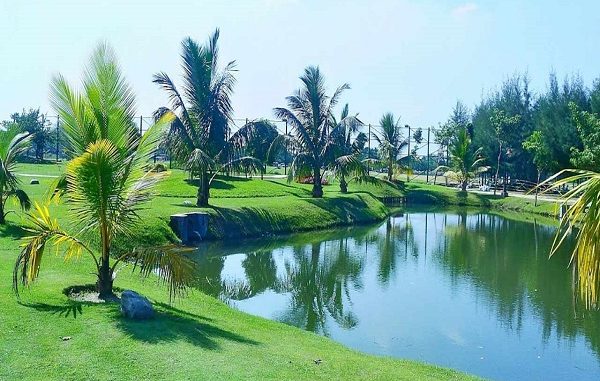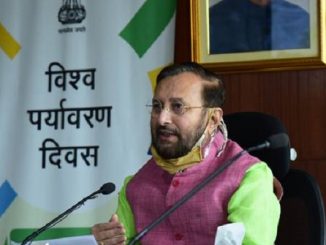
Aug 11: The concept of Eco-parks encourages harmony with nature, society, forests and wildlife. Eco-restoration activities have been taken up cross-sectorally under various programmes/funding sources of other ministries/ organizations and also through State Plan budgets. Though the Ministry of Environment, Forest and Climate Change does not have any specific programme for developing Eco-parks, it has taken various initiatives through programmes and schemes that encourage eco-restoration of degraded areas namely Nagar Van Yojana, School Nursery Yojana, National Mission for a Green India etc.
The following steps taken by the Government contribute to the eco-restoration, preservation and development of forest areas in the country:
- For the preservation and protection of forests & wildlife, various laws including the Forest (Conservation) Act 1980, Indian Forest Act, 1927, Wildlife Protection Act 1972, and other central/state laws as applicable to a State/UT, are implemented by the respective State Government /UT Administration.
- Nagar Van Yojana envisages creating a Nagar Van / Nagar Vatika in each City having Municipal Corporation/Municipal council/Municipality/Urban Local Bodies (ULBs) for providing a wholesome healthy living environment for the residents and thus contributing to the growth of clean, green, healthy and sustainable cities.
- MoEF&CC, Govt. of India entrusted Indian Council Forestry Research and Education (ICFRE), Dehradun to prepare Detailed Project Report (DPR) for the rejuvenation of thirteen major Indian rivers namely Jhelum, Chenab, Ravi, Beas, Sutlej, Yamuna, Brahmaputra, Luni, Narmada, Godavari, Mahanadi, Krishna and Cauvery through forestry interventions. These DPRs include rejuvenation measures which inter alia includes Eco-park developments, avenue plantations, riverside plantations, riverfront development, Biodiversity conservation model, etc. as per site conditions.
- National Mission for a Green India (GIM), under which, in addition to other submissions, there is a specific sub-mission for enhancing tree cover in urban and peri-urban areas. Urban forestry is a permissible activity under the provisions of the Compensatory Fund Act, 2016 and the Rules made thereunder.
- Atal Mission for Rejuvenation and Urban Transformation (AMRUT), implemented by the Ministry of Housing and Urban Affairs which focuses on the development of basic infrastructure in selected cities and towns, has provisions for developing green spaces and parks.
- Ministry of Coal converts suitable mine areas, after exhaustion of reserves, into eco-parks, sites for water sports, underground mine tourism, golf grounds, adventure, bird watching etc. These sites have good potential for recreation, revenue generation and employment for local people.



